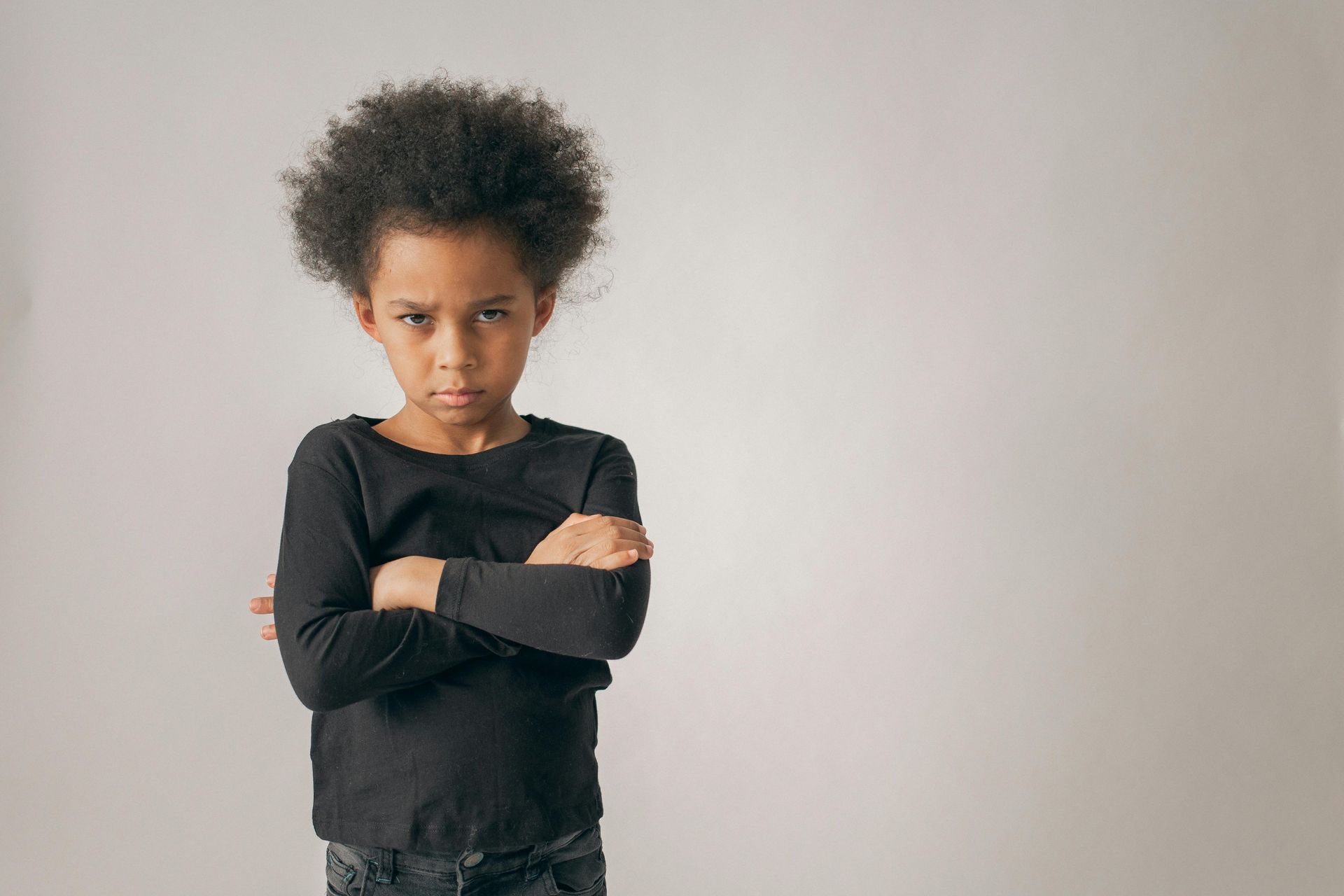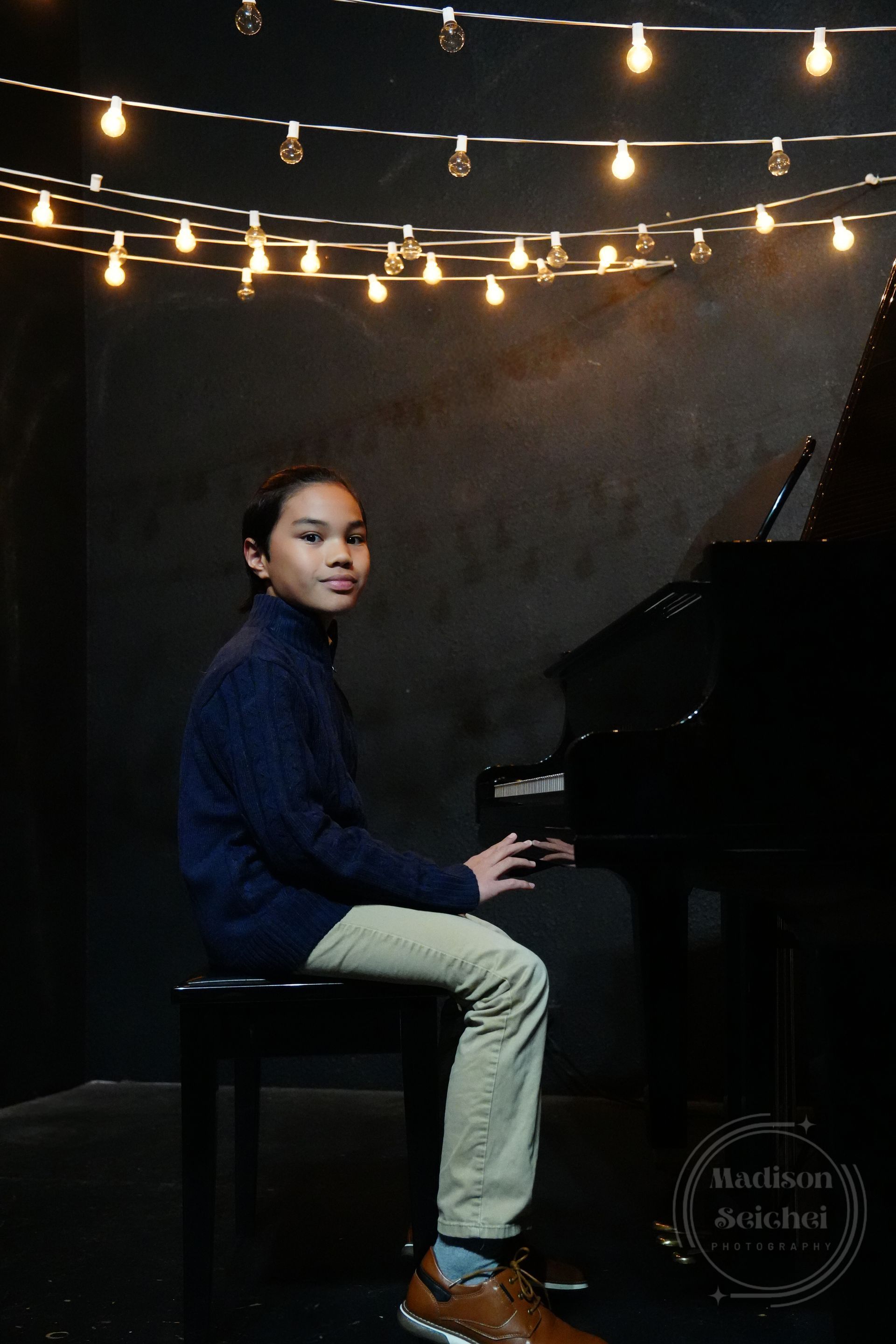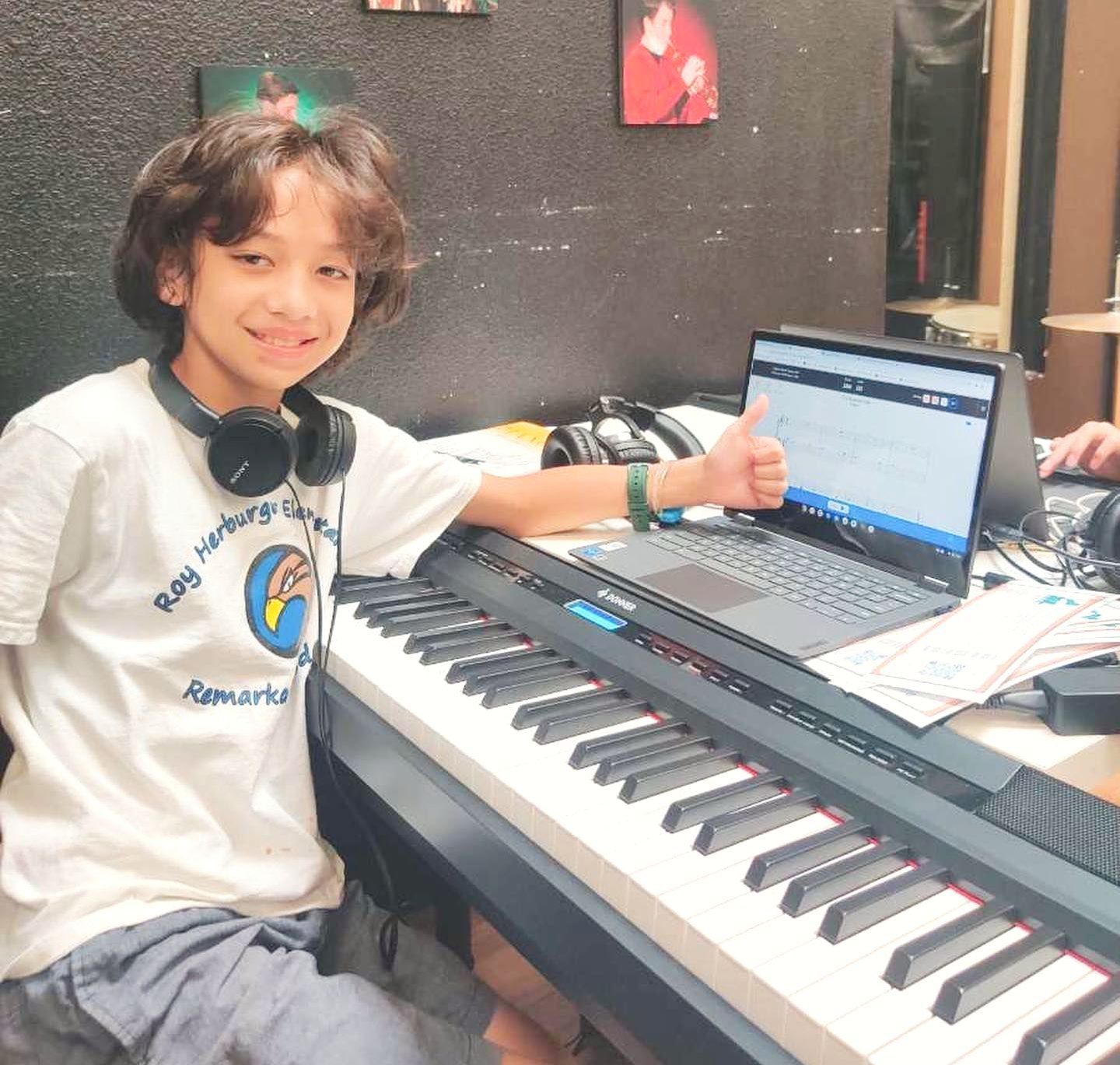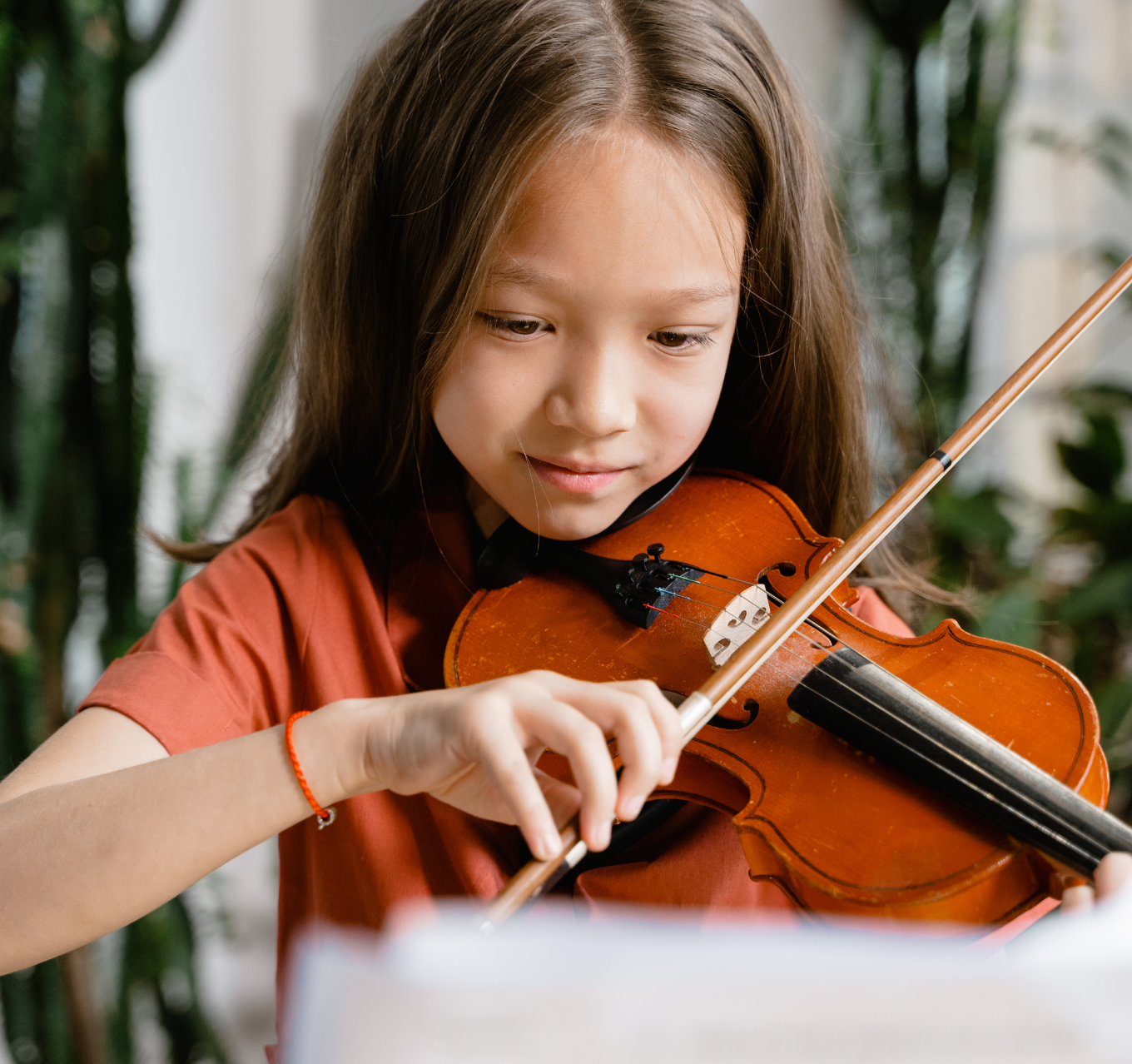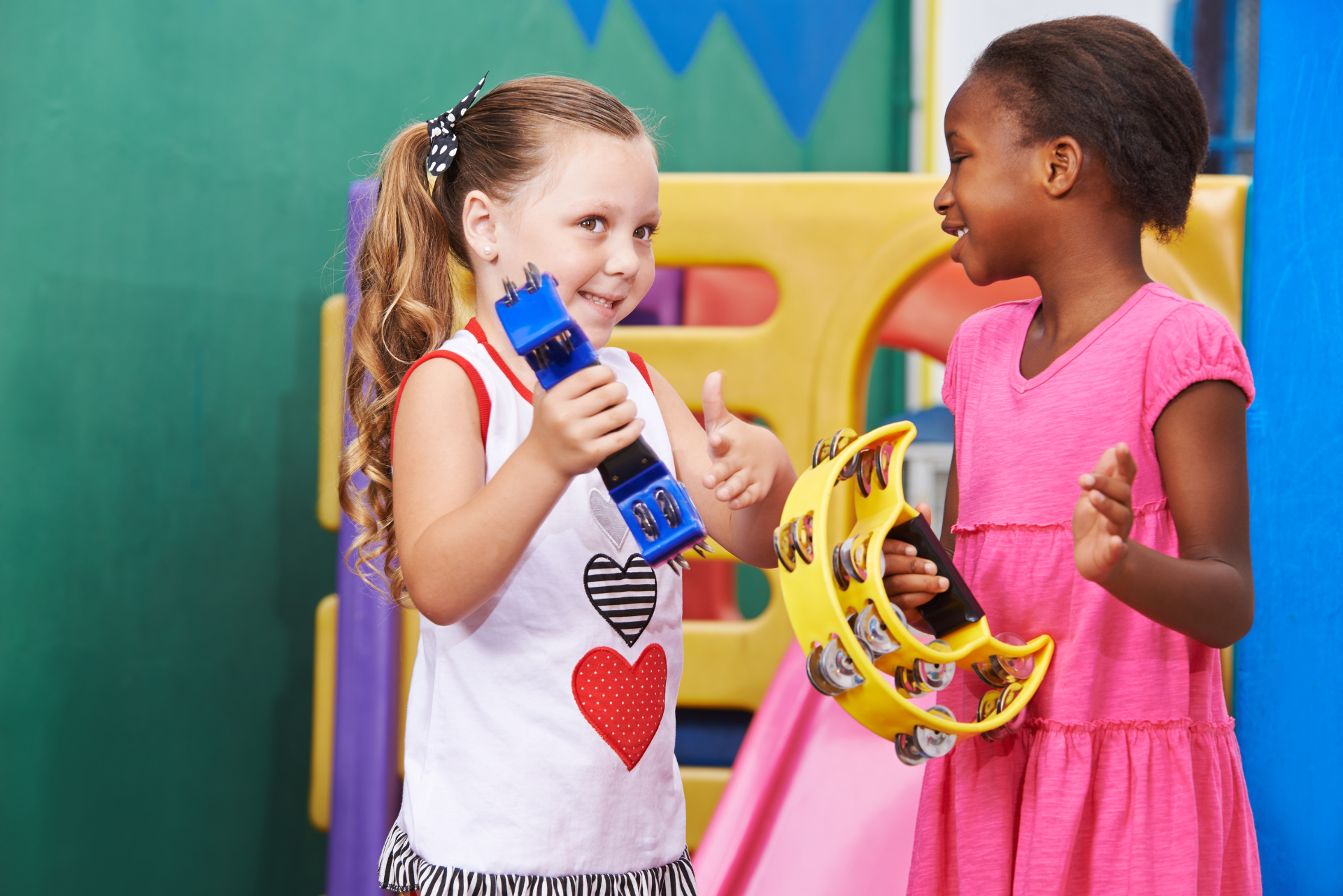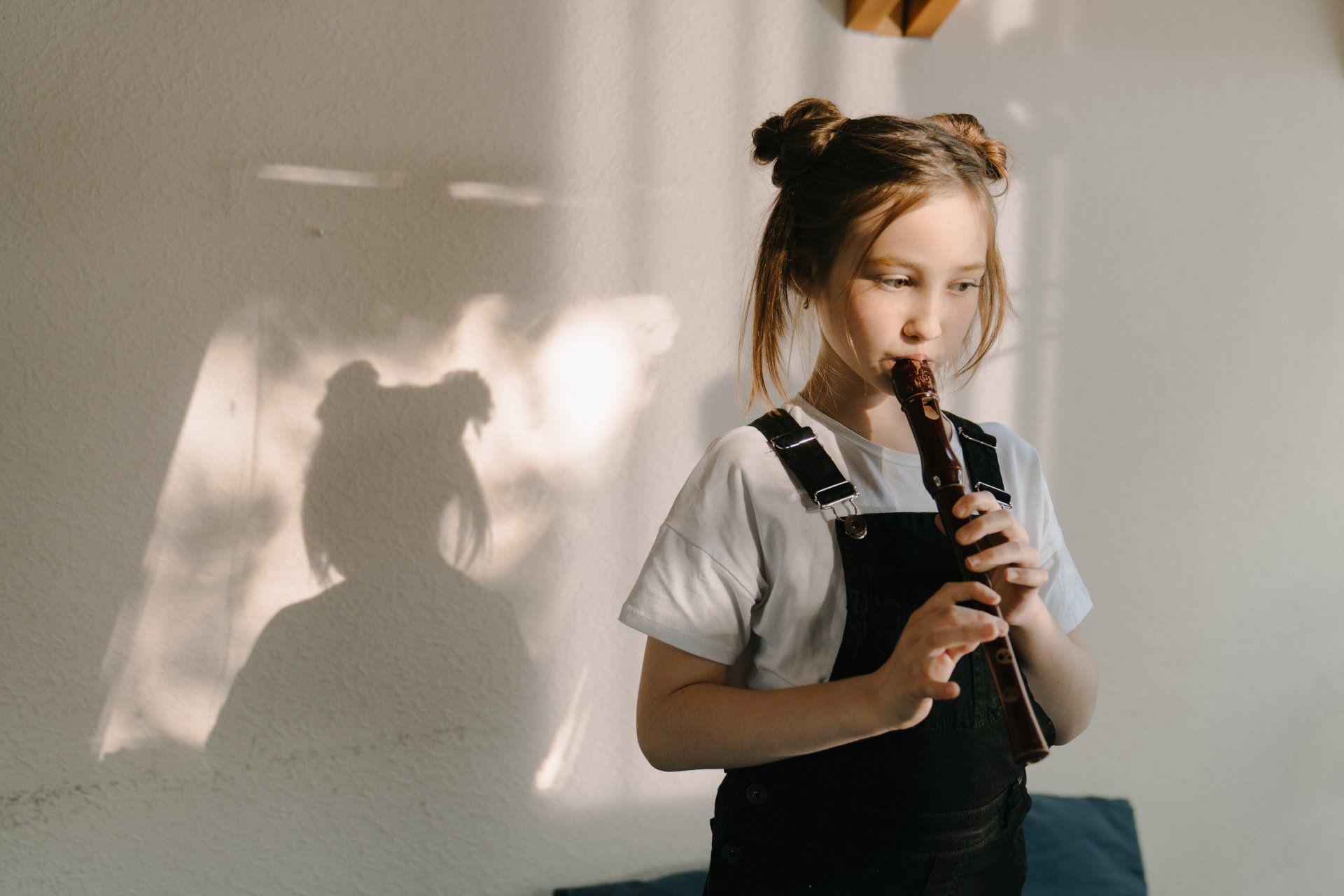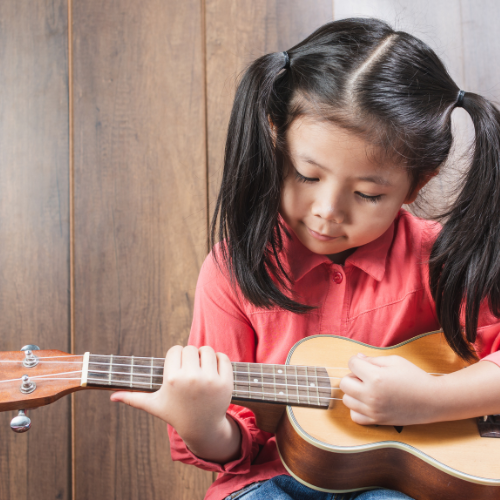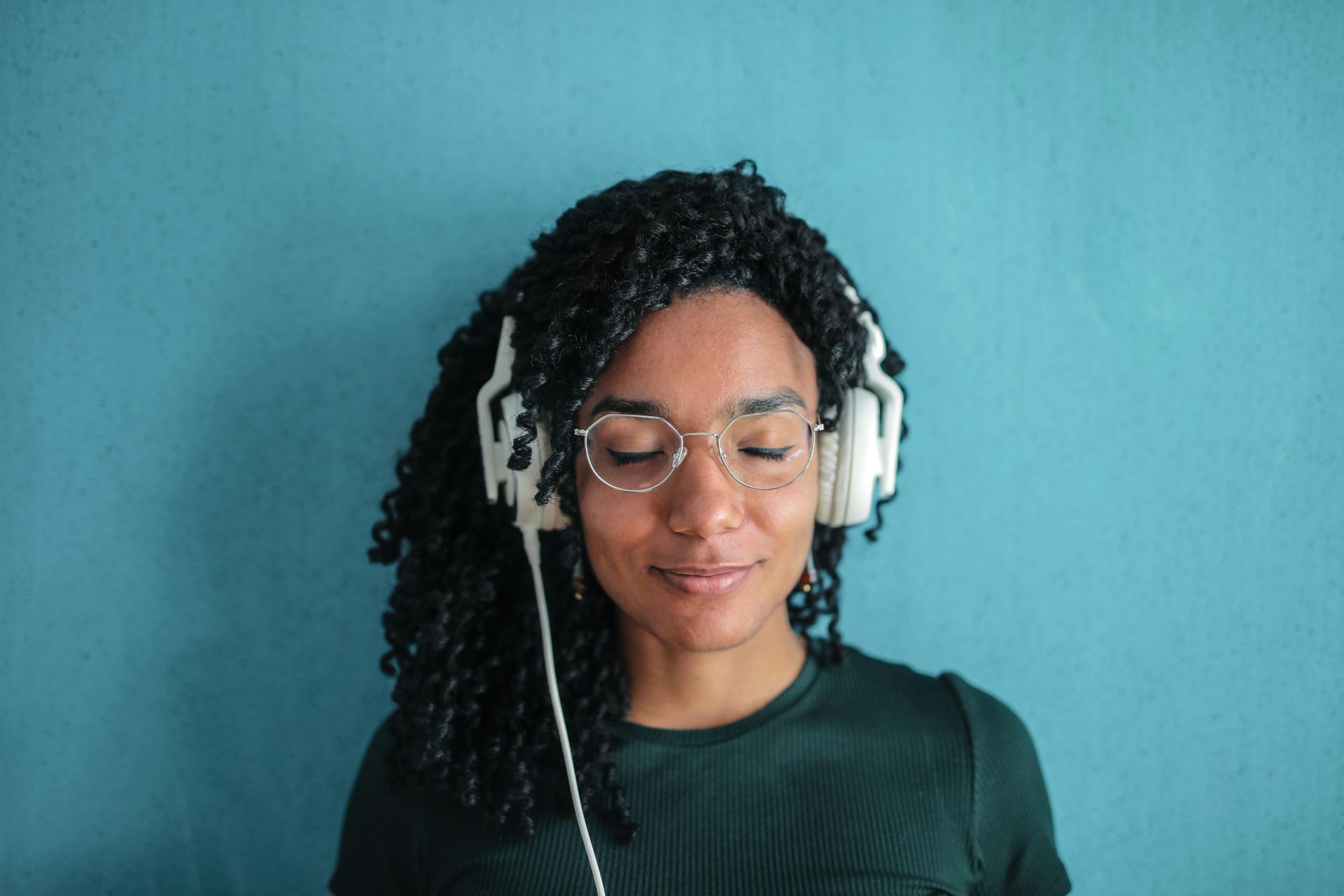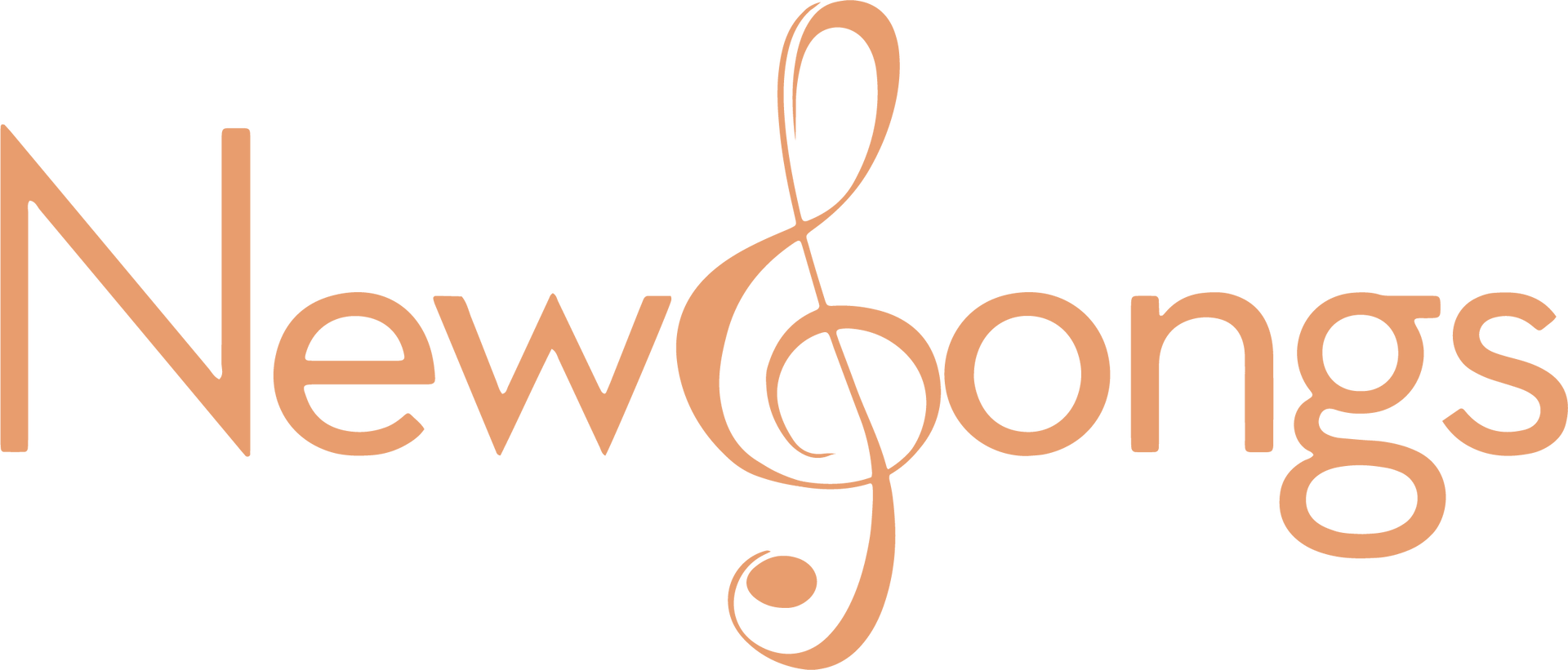By Michael Hemsworth
•
September 9, 2025
Parents ask this question all the time: Are music lessons really worth the money? It’s a fair question. With so many activities competing for your (and your child’s) time - and your family’s budget - you want to make sure the investment pays off. At NewSongs Music, we believe the answer is a big yes . Music lessons aren’t just about learning notes; they’re about building skills, confidence, and joy that last a lifetime. Let’s break it down in plain language, so you can decide what’s right for your family. The Real Benefits of Music Lessons Music shapes kids in ways that go far beyond playing an instrument. Sharper thinking: Music uses every part of the brain. Kids who take lessons often build stronger memory, focus, and problem-solving skills. Better in school: The same skills used to keep a steady beat or recognize patterns help with math, reading, and language. Confidence that sticks: Whether it’s playing a song for grandma or performing at a recital, kids learn how to push through nerves and feel proud of what they’ve accomplished. Life lessons disguised as music: Patience, perseverance, discipline—music teaches them all. Emotional outlet: Music helps kids express themselves, manage stress, and discover a healthy way to process feelings. Social skills: In group lessons or ensembles, children learn to listen, collaborate, and create something bigger than themselves. And here’s something many parents don’t realize: even the physical side of music matters. Playing piano, violin, or guitar builds fine motor skills, coordination, and mind-body connection. What About the Cost? This is usually the toughest part. Music lessons are an investment—both financially and in time. Prices vary depending on the instrument, whether lessons are private or group, and how long each session lasts. Private lessons (one-on-one) typically cost more, but they move at your child’s pace. Group lessons are usually more affordable and give kids a fun, social learning experience. Instrument costs can add up, but many families start with rentals until they know their child is committed. At NewSongs, most families spend somewhere between $140–$200 per month for weekly lessons. That’s often less than the cost of sports leagues or gymnastics—and the benefits last just as long, if not longer. Is It Really Worth It? Think of it this way: you’re not just paying for lessons. You’re giving your child a foundation of creativity, confidence, and resilience. Music is something they can carry into every part of life—school, friendships, and even future careers. And then there’s the joy factor. The look on your child’s face when they master their first song? Priceless. The sound of them filling your home with music? Worth every penny. Common Questions Parents Ask: What age should my child start? Some programs begin as early as preschool, but ages 5–7 are great for starting piano or violin. Older kids can jump in anytime—it’s never too late. How much should my child practice? For young beginners, 10–15 minutes a day is plenty. The key is consistency, not marathon sessions. What if they lose interest? It happens! Sometimes it’s the instrument, sometimes it’s the routine. Talk with the teacher, try a new instrument, or explore group lessons to keep the spark alive. Are group lessons as good as private? They’re different. Private lessons give individualized attention. Group lessons build teamwork and motivation. Many families choose both at different times. Final Note: An Investment in Harmony Music lessons are more than a line in your budget - they’re a gift your child will carry for a lifetime. At NewSongs Music, our C.A.R.E. values ( Curiosity, Acceptance, Respect, Expression ) guide everything we do. We want your child not only to learn music, but to grow and discover who they are through it. So, are music lessons worth it? Absolutely. Because when your child learns music, they’re not just making notes on a page—they’re making themselves.
